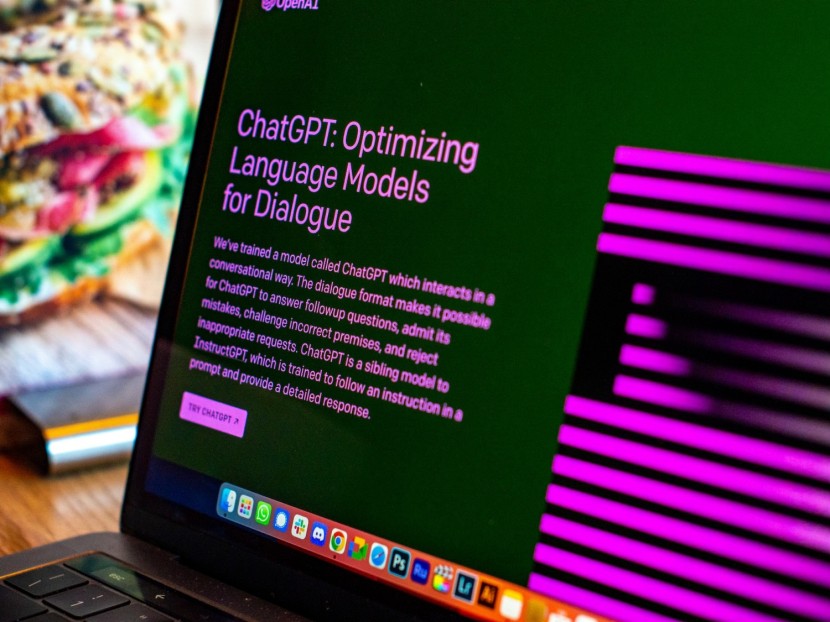
Chinese authorities unveiled draft regulations meant to govern the creation of generative artificial intelligence (AI) technologies like ChatGPT by private enterprises.
These proposed regulations from the influential Cyberspace Administration of China (CAC), announced on Tuesday, April 11, are the first of their sort in the nation. These are reportedly aimed at the rapidly expanding field of AI as Chinese internet titans launch ChatGPT-like products.
Generative AI
Generative AI describes algorithms that can produce media like photos, videos, and writings after being trained with massive quantities of data. ChatGPT, created by the US company OpenAI, is immensely popular because it can automatically respond to questions asked by users.
Competing technologies from Chinese tech companies have started making their debut over the last several weeks.
Tongyi Qianwen, Alibaba's generative AI product, was announced on Tuesday. The e-commerce giant has ambitions to use it across a number of its offerings.
Ernie Bot, Baidu's version, was also released last month for beta testing.
Ground Rules
In a report by CNBC, the proposed measures from the CAC spell out the standards that generative AI services must follow, such as the acceptable types of material that may be generated by such services. The proposed regulations specify that the material must be consistent with socialist ideas and must not challenge the authority of the state.
According to the CAC, businesses should make sure that the data used to train AI models does not perpetuate bias on the basis of characteristics such as race, gender, and ethnicity. In addition, the regulator emphasized they must not provide any misleading data.
As generative AI has the ability to produce politically sensitive material, analysts have already warned CNBC that Chinese officials are likely carefully monitoring its progress.
That concern is highlighted in the CAC's standards, which also provide a road map for how Chinese companies should approach developing the technology. But, the rules will complement China's other data protection and algorithm development laws, which are also set to go into force later this year.
Threat to Security and Privacy
China is not the only nation being cautious about the effects of AI's rapid advancement. ChatGPT was prohibited in Italy in March due to security and privacy concerns.
OpenAI blocked ChatGPT for Italian users at the government's request. The ban applies solely to the program's online version, which has millions of users worldwide.
The Italian agency highlighted the EU's General Data Protection Regulation and ChatGPT's data breach of "users' conversations" and subscribers' sensitive payment information.
ChatGPT was taken down on March 20 by OpenAI to fix a bug that allowed certain users to see the titles or subject lines of other users' chat histories, as previously reported. According to the firm, 1.2% of ChatGPT Plus customers may have disclosed private information to an unauthorized third party.
The growth in AI plus this incident has prompted the Italian regulator to take action.








